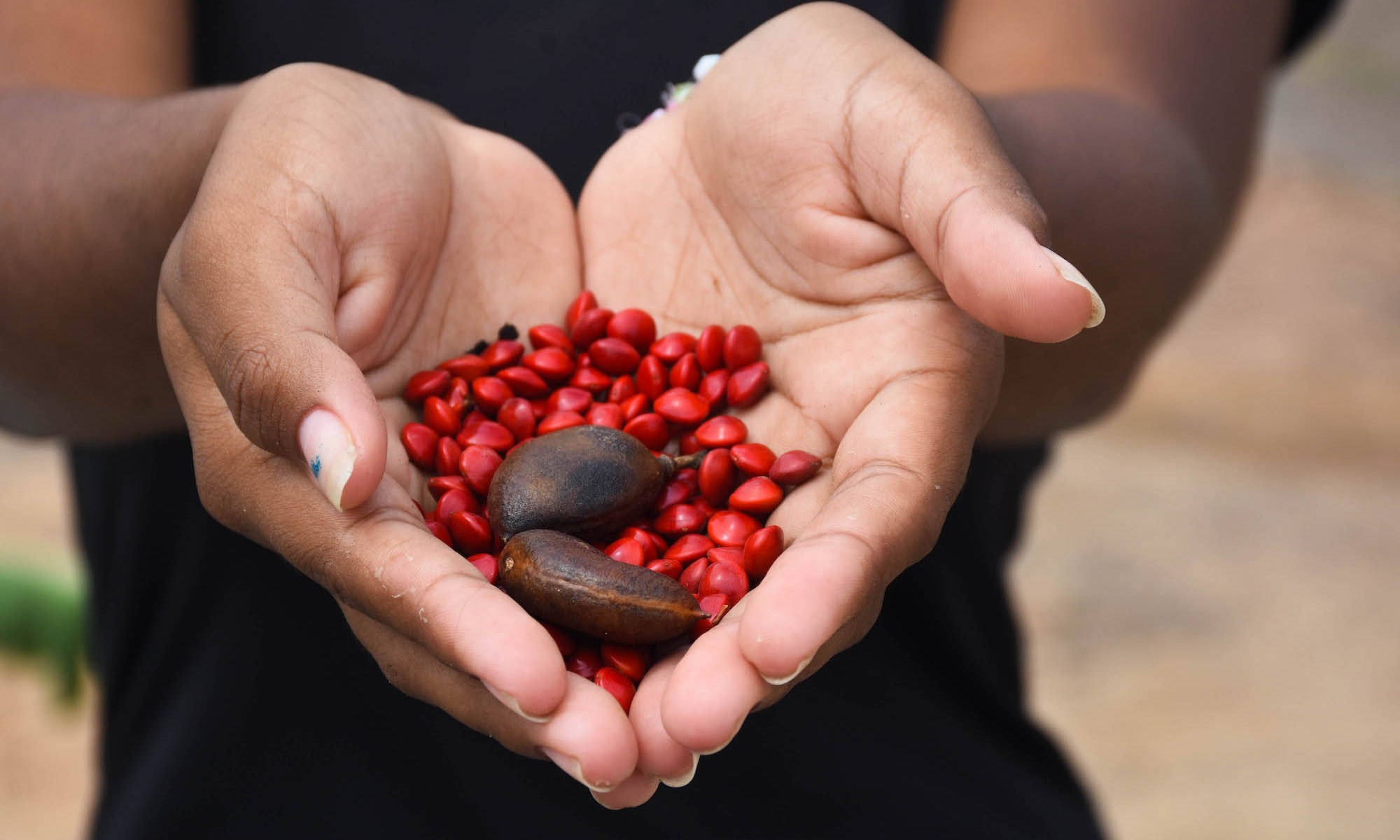VEHA
Guidance

Guidance
Virtual Environmental and Humanitarian Adviser Tool – (VEHA Tool) is a tool
to easily integrate environmental considerations in humanitarian response. Field Implementation guidances are useful for the design and execution of humanitarian activities in the field.
Infants less than six months of age who are not breastfed need urgent identification and targeted skilled support. The priority to feed these infants should be re-lactation. If this is not possible or when artificial feeding is recommended by skilled staff such as health providers or infant feeding counselors, breast-milk substitutes are necessary and must be accompanied by training on hygiene, preparation, and use to minimise their associated risks. Artificial feeding in an emergency carries high risks of malnutrition, illness, and death and is the last resort only when other safer options have first been fully explored.
Infant formula requires mass production by the dairy industry. As well as contributing to malnutrition and sickness in children, it leads to significant environmental impacts including plastic and other waste, and degradation of land and waterways. Pollution and environmental degradation intensify environmental health risks and create harmful living conditions. Pollution of the water, soil, and the air is a threat to human health and wellbeing and exacerbates poverty and inequality.
Pollution also affects animals and plants, thus degrading natural ecosystems and their ability to provide essential natural services and resources for society. The economic burden of pollution is significant, and the cost of rehabilitation of degraded environments is often prohibitive or fails.
Donations of BMS and commercially prepared baby food, etc. are generally very large scale donations (many tonnes) that are not appropriate and are not usable. These donations often come from middle-high income countries into low-income countries greatly overburdening the already stressed waste management infrastructure. Donations should always be denied and/or returned if possible.
Women are usually responsible for feeding children and often also have the least control over household finances.
Air pollution
Soil pollution
Water pollution
Cultural acceptance
Impact on wellbeing / mental health
Water depletion
In South Sudan, Humanitarian agencies provided nutritional supplement feeding and found that over time waste was accumulating on land and in watercourses, causing pollution. Agencies responded by setting up feeding centers and removing packaging prior to distribution where possible; providing safe comfortable feeding areas and encouraging their use, followed by encouragement to return all waste packaging prior to leaving the feeding center.
Time for assessment, support provision and management of donations.